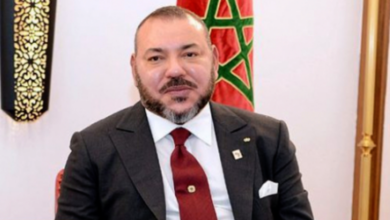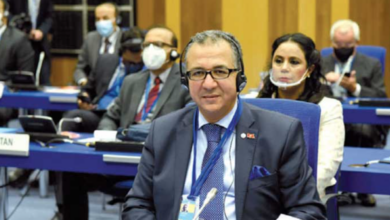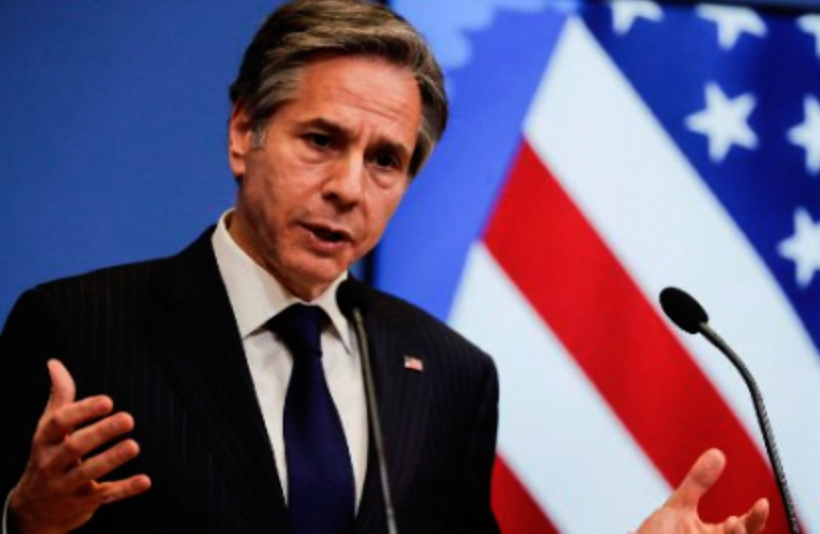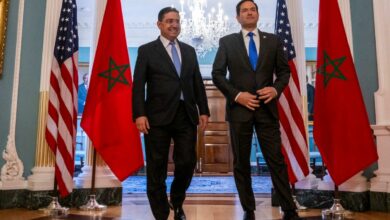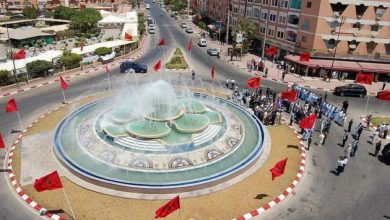Washington strikes hard again: No mediation with Algeria, Moroccan autonomy is the only solution to the Sahara dispute
Washington strikes hard again: No mediation with Algeria, Moroccan autonomy is the only solution to the Sahara dispute
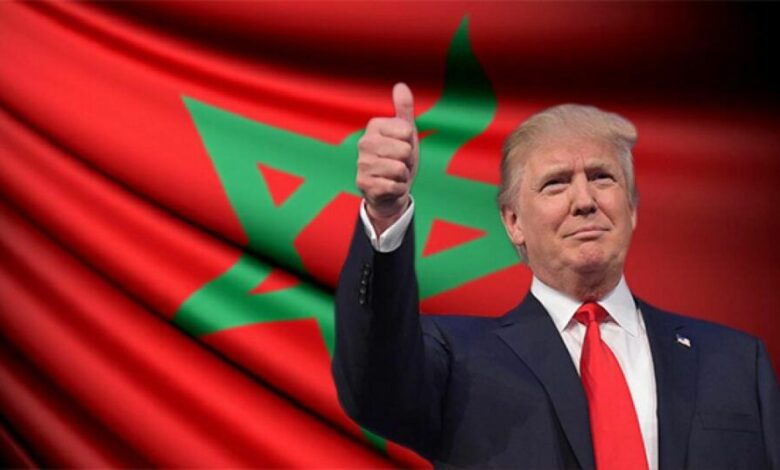
By: Meryem Hafiani
The United States has once again reaffirmed its stance on the Moroccan Sahara conflict, making it clear that it does not intend to launch any mediation initiative between Rabat and Algiers, while stressing that Morocco’s autonomy proposal remains the sole framework for reaching a lasting political solution. A source at the U.S. State Department told Atlas Insight that relations between the two neighboring countries are a matter for their governments alone, and that Washington prefers to focus on strengthening its strategic partnerships with both, but sees no value in bilateral moves outside the UN framework.
This position is not isolated; it reflects a strategic direction that began when former President Donald Trump recognized Morocco’s sovereignty over the Sahara in December 2020. Since then, no U.S. administration has reversed that decision; instead, it has become a constant foundation of American foreign policy in the region. Researchers at the Washington Institute for Near East Policy affirm that support for Morocco’s autonomy initiative represents “a fundamental shift in the U.S. approach, as Washington no longer views the file as a contentious issue but rather as a gateway to reinforcing regional stability.” Meanwhile, Carnegie Europe notes that Washington’s insistence on ruling out mediation reflects its recognition that the Moroccan-Algerian rift is deeper than a border dispute and is rooted in a struggle for regional influence—one that can only be resolved by tilting the balance toward Morocco’s solution.
On another note, the statement made by Trump’s senior advisor, Masad Boulos, during his recent visit to Algeria confirmed that the U.S. position is not swayed by shifting contexts. He confronted Algerian leaders with a clear message: Moroccan autonomy is the only acceptable option, stressing that Washington regards Morocco’s stability as a cornerstone of security in North Africa and the Sahel. This aligns with analyses from the Atlantic Council in Washington, which argues that any attempt to ignore Morocco’s initiative or revive the referendum option “will only prolong the conflict and undermine international efforts to tackle security and terrorism challenges in the region.”
At the European level, this stance converges with declarations from Madrid, Berlin, and Paris in recent years, all of which have endorsed Moroccan autonomy as a credible and serious solution. According to experts at the German Institute for International and Security Affairs, this points to the emergence of “an undeclared international consensus” recognizing Morocco’s approach as the only one that meets the requirements of political realism and respects regional stability.
In light of these developments, Algeria faces growing diplomatic challenges, finding itself increasingly isolated in the face of major powers that all converge in support of Morocco—while it continues to cling to a rigid discourse claiming to be “uninvolved” in the conflict, even though Washington itself asserts that Algeria is an essential party that cannot be bypassed. A study by Chatham House in London argues that Algeria’s strategy no longer convinces the international community and has instead increased pressure on it to engage seriously in UN-sponsored negotiations on the basis of Morocco’s proposal.
A deeper reading of the U.S. position shows that this is not simply about backing Morocco in a regional dispute but about a strategic choice linking North African stability to broader balances in the Mediterranean and the Sahel. Washington is betting on Morocco as a reliable ally, capable of playing a pivotal role in addressing security threats, managing migration, and strengthening energy and economic connectivity between Africa and Europe. Meanwhile, Algeria faces a growing dilemma: either persist in its defiance and risk further isolation, or engage in a genuine negotiating process based on Moroccan autonomy—the option that continues to gain broader support from influential international powers.

